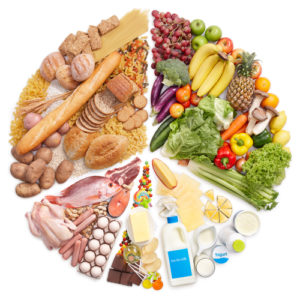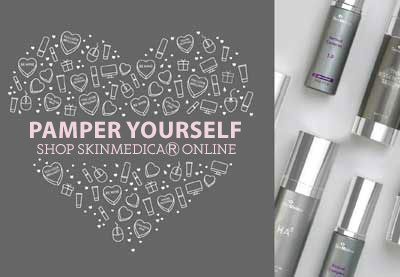Located within the dermis, collagen is the foundation of connective tissue that supports the skin’s structure and is essential for youthful looking skin. As we get older the body produces less collagen. Naturally occurring enzymes break down collagen and cause the skin to thin, lose its fullness and form wrinkles. The sun, smoking, and pollution are also associated with the loss of collagen.
Around the age of 35 collagen production within the body starts to diminish and the quality of collagen is decreased in comparison to younger years. The good news is that in addition to topical products and treatments certain foods have the ability to naturally boost collagen in the skin.
Here are a few items you should add to your grocery list to help boost your collagen:
Dark Green Vegetables
Rich in vitamin C, dark green veggies such as spinach and kale can help boost collagen production.
Fish
Fish, like tuna and salmon, are loaded with omega-3 fatty acid. Skin cells are surrounded by a fatty membrane that protects them and when these cells are healthy, they support the structure of the skin.
Red Vegetables
Red vegetables such as tomatoes, beets, and peppers contain the antioxidant lycopene, which acts as a natural sunblock to help protect the skin from sun damage while also increasing collagen levels.
Berries
Raspberries and blackberries are also known to increase collagen levels.
Orange Vegetables
Veggies that are orange in color, like sweet potatoes and carrots, are rich in vitamin A, which helps to restore and regenerate damaged collagen.
Soy
Soy products contain genistein – plant hormones that serve as antioxidants – which prompts collagen production and helps to block enzymes, like MMPs, that can actually age the skin. Some sources of soy include soy milk and tofu.
Citrus Fruits
Citrus fruits such as oranges, limes, lemons and grapefruits that are rich in vitamin C have the ability to help amino acids, such as lysine and proline, convert to collagen.
White Tea
Research suggest that white tea may protect the structural proteins of the skin, specifically collagen. It’s thought to prevent enzyme activity that breaks down collagen, contributing to lines and wrinkles.
Oysters
Oysters are a naturally rich source of zinc, which is an essential element of the collagen-building process. Oysters are also full of vitamins and minerals including iron and vitamin B12. They’re low in calories and have a long list of health benefits.
Protein
In addition to giving your body a healthy dose of the protein that it needs, egg whites are also high in both lysine and proline, as well as collagen. Adding more egg whites to your diet can help support your body’s natural production of collagen. If you are a vegetarian or vegan and don’t eat eggs or meat, you can incorporate protein in to your diet by eating nuts, which also supply lysine.
Garlic
Sulfur is necessary for collagen production in the body and one of the best sources of sulfur is garlic. Garlic also provides taurine and lipoic acid that help to rebuild collagen fibers that have been previously damaged.














